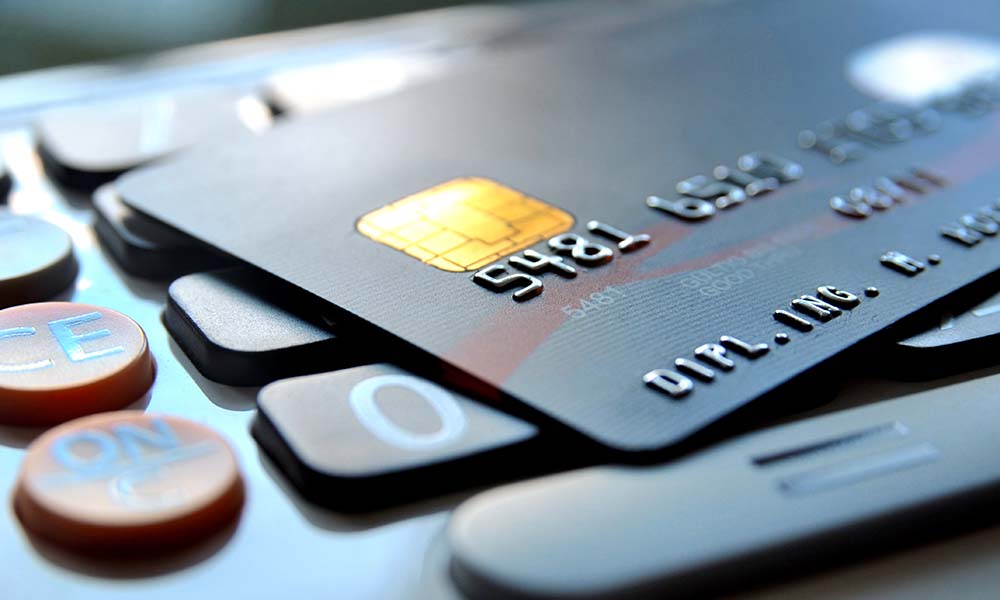Do You Need a Business Bank Account?
Back to all Self-Employed guides

While you may not be legally obliged to have a business bank account, depending on the structure of your business, there are many benefits to keeping your personal and business finances separate, and it doesn’t have to take long or cost much money to set up and manage your business account.
What is a Business Bank Account?
On many levels, your business bank account will be similar to your personal account. It can offer cash and cheque handling, a debit card and an overdraft, and you’ll be able to set up direct debits and standing orders. It also paves the way for you to get a business credit card and take card payments from customers.
Some business accounts will offer additional features such as reminders of upcoming HMRC requirements, automatic scheduled payments and even cashback on spending. Be aware that there can also be fees associated with these accounts - this may be in the form of a monthly fee, additional costs for certain transactions, or both.
Even if the account is marketed as free, it’s important to check the small print to ensure there aren’t high fees associated with actions you’ll need to take frequently.
If you’re a sole trader, it may be worth looking into accounts for sole traders and start-ups as these often have a lower monthly cost while still offering all the services you’ll need. It’s also worth noting that you can claim tax relief on business costs for bank charges.
Who Needs a Business Bank Account?
While it’s a good idea for anyone running a business to have a focused account, it’s a legal requirement for those operating as a limited company as the business is a separate legal entity. Sole traders can choose whether they want to have a business account or are happy to use their personal account for both purposes, although it’s always worth checking that your bank allows you to use a personal account in this way.
Why Have a Business Bank Account?
There are several benefits to having a business bank account. Top of the list is that it helps to keep your finances organised as you don’t have to remember which transactions were for personal reasons and which were for business. This clarity will make it much easier to see at a glance how the business is performing and identify your significant outgoings. It will also make it easier to report accurate figures to HMRC as all the information you need will be in one place.
You’ll also be able to link your business account to your accounting software. With tools like AccountsPortal, you can use bank feeds to sync your bank statements and transactions to significantly reduce the amount of time it takes to process your financial information.
It’s also possible that you won’t be able to do all the things you need to run a business with a personal account. So, for example, if you complete transactions in foreign currencies, carry out credit checks on businesses and suppliers you work with, or process salary payments, a personal account simply won’t be sufficient for your needs.
Having a business account will also help to build your credit history. Should you want to apply for a business loan in the future, banks will often look to this when deciding whether you’ll be eligible for funding.
Finally, having clients pay into an account in your name rather than a business name can look unprofessional, so having a business account can add to your credibility, especially when you’re just starting out.
How to Choose the Best Business Account
The right business account will depend on several factors, such as the services you’ll need, the cost of the account and your business itself. For example, as a sole trader, you’ll likely be looking for a relatively simple, low-cost account. Digital or app-based providers can be a good option here, providing instant updates on incomings and outgoings without relying on having a physical branch nearby. For those who prefer face-to-face service, more traditional banks are a consideration. How you use your account can also determine whether you should opt to pay a monthly fee or open a ‘free’ account that charges for services such as card purchases, bank transfers and overdrafts. Several online comparison sites can highlight the best deals currently available for all options or speak to your accountant for advice.
How to Open a Business Bank Account
In most cases, you’ll be able to open your account online or in-person - although online-only providers obviously won’t have a physical branch. Once you’ve researched account options, visit the website of your preferred provider, and they’ll tell you your options.
As a starting point, you’ll need to have personal information such as proof of ID, business address and contact details, as well as your Companies House registration number if you’re operating as a limited company.
You can sign up for most accounts in a matter of minutes, but it may take a week or so for the bank to carry out all the necessary checks, such as confirming your identity, before it’s fully active.